I'm not anti social, I'm selectively social. There's a difference
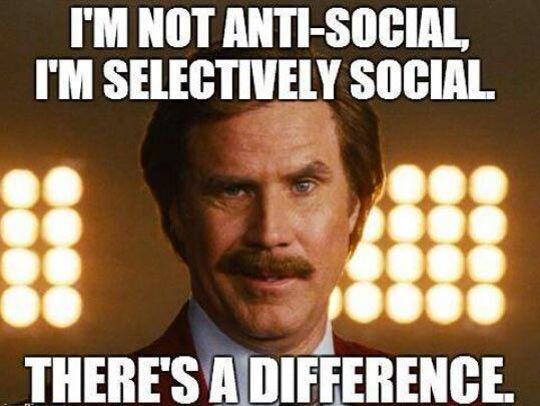
I'm not anti social, I'm selectively social. There's a difference
The statement "I'm not anti-social, I'm selectively social. There's a difference" is a powerful declaration that highlights the importance of understanding and respecting individual preferences when it comes to social interactions. In today's fast-paced and interconnected world, there is often a societal pressure to constantly be social and outgoing, leading to the misconception that those who prefer solitude or limited social interactions are somehow anti-social or lacking in social skills. However, this statement challenges that notion by emphasizing that being selectively social is a deliberate choice rather than a deficiency.Being selectively social means that an individual chooses to engage in social interactions based on their own preferences, comfort level, and energy levels. It does not mean that they are incapable of socializing or lack the ability to form meaningful connections with others. Instead, it signifies that they are intentional about how they spend their time and energy, opting for quality over quantity when it comes to social interactions.
There are many reasons why someone may choose to be selectively social. Introverted individuals, for example, may find large social gatherings draining and overwhelming, preferring smaller, more intimate settings where they can have deeper conversations and connections. Others may have experienced social anxiety or past negative social interactions that have made them more cautious about who they choose to spend their time with.
It is important to recognize and respect the boundaries and preferences of individuals who are selectively social. Just because someone may not be the life of the party or constantly surrounded by a large group of friends does not mean that they are anti-social or unhappy. In fact, many selectively social individuals find great fulfillment and joy in their chosen social interactions, whether it be spending time with close friends, engaging in meaningful conversations, or pursuing solitary activities that bring them peace and contentment.
Ultimately, being selectively social is about honoring one's own needs and preferences when it comes to social interactions. It is a form of self-care and self-awareness that allows individuals to prioritize their mental and emotional well-being while still maintaining meaningful connections with others. By understanding and accepting the differences in how people approach social interactions, we can create a more inclusive and understanding society where everyone feels valued and respected for who they are.
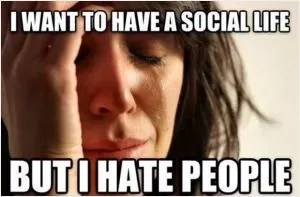
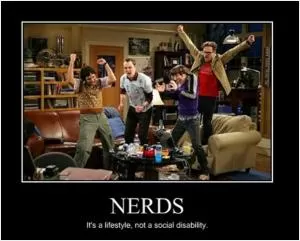
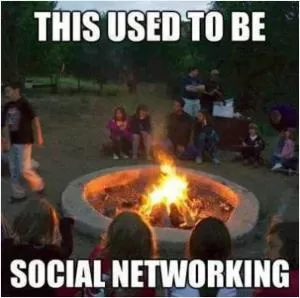
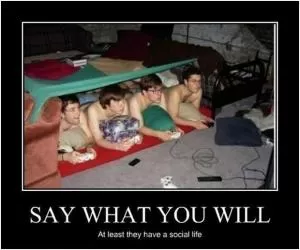

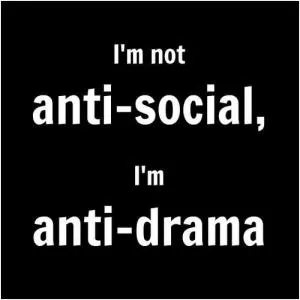
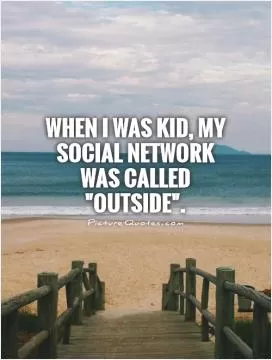


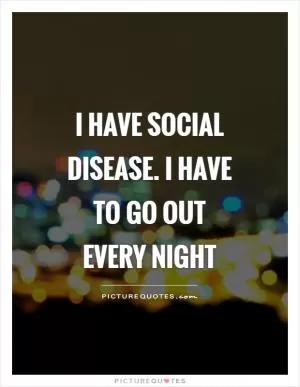


 Friendship Quotes
Friendship Quotes Love Quotes
Love Quotes Life Quotes
Life Quotes Funny Quotes
Funny Quotes Motivational Quotes
Motivational Quotes Inspirational Quotes
Inspirational Quotes